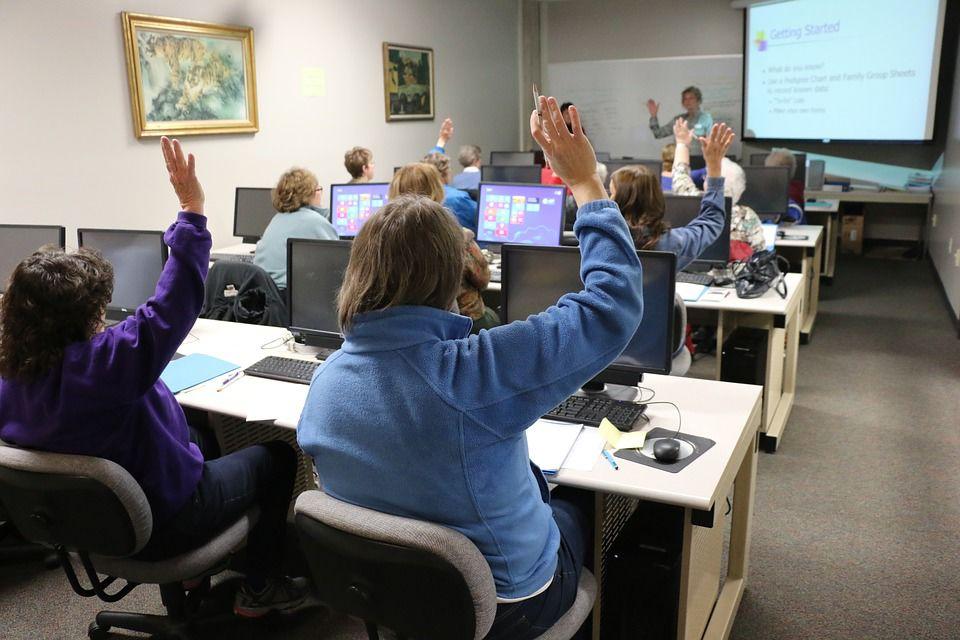As technology advances, we have to find ways to adapt it into our daily routines. It’s impossible to ignore the impact tech has on us, and the education system refuses to overlook it. High schools generally ban the use of personal devices on campus, but many give students access to a laptop or tablet for in-class use.
At the University, technology is generally accepted in classrooms, but is subject to the professor’s discretion. An individual professor may choose to prohibit the use of personal devices in class, and his decision is fully supported by the University.
Professors suggest technology is flashy and distracting to the user and to those around the user. To cut down on classroom distraction, professors ask students to forgo laptops and cell phones for the duration of the class.
Teachers are invaluable and should have the right to run their classrooms as they see fit, including regulating personal device usage. This being said, prohibiting technology may not be as fruitful as some would like to think.
While many sources suggest students who use personal technology in the classroom are at a disadvantage, just as many would say the opposite. Regardless, its effectiveness isn’t what’s concerning.
Everyone functions differently, so we can’t say there is one surefire answer. However, in the workforce, everyone is expected to behave the same way. While school cannot modify our biology, it can direct our social behavior.
Being distracted affects our efficiency, which translates in a professional setting to affecting our business, which leads to affecting our employment status. Suffice to say, it’s better to avoid distractions.
Companies have their own methods of regulating employees’ personal distractions. Regardless, knowing how to best stay focused is preferable to being constantly reprimanded. When bosses look for employees to promote and give leadership positions to, the employee who doesn’t need to be taught how to focus has a sizable advantage.
While college is an academic nexus, we use it just as much today as a sort of “adult training.” For the first time, we’re living away from our parents and responsible for feeding ourselves, doing our own laundry and making our own way to class.
Part of our social education is learning how to behave in the professional world, and the best way to learn is by experience.
It’s easy for students to realize the level of freedom we get when transitioning into college and consequently stop going to class and eating and sleeping well.
Time will prove these shortcomings to be unviable. As a result, students who come in with these skills already have an advantage in having time to reach higher heights.
Similarly, employees who don’t have to be taught how to focus have an easier time progressing in their chosen profession.
While using technology in the classroom may have adverse effects on our studies, the effect is not as brobdingnagian as learning to cope with the flow of the professional world.
Kyle Richoux is a 20-year-old sociology sophomore from LaPlace, Louisiana.







